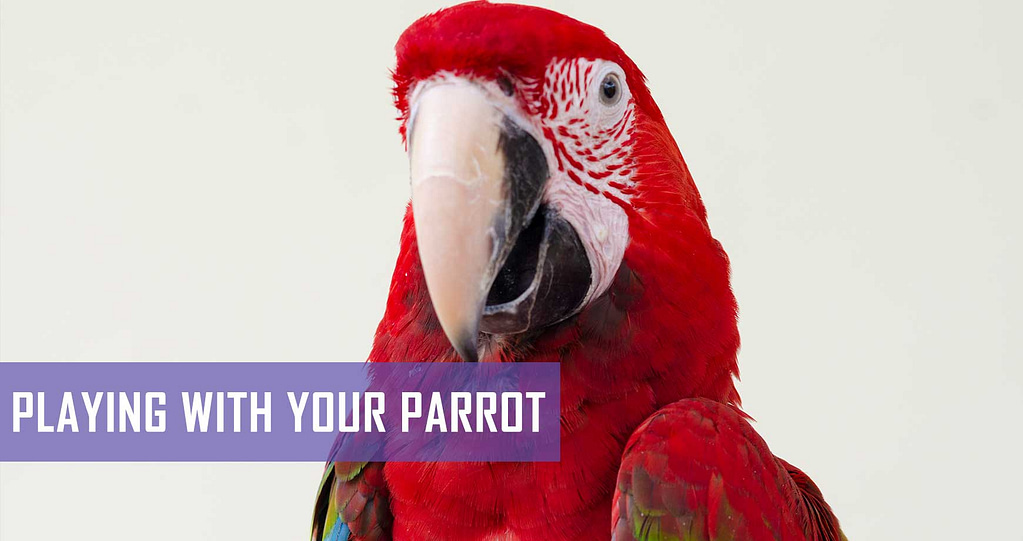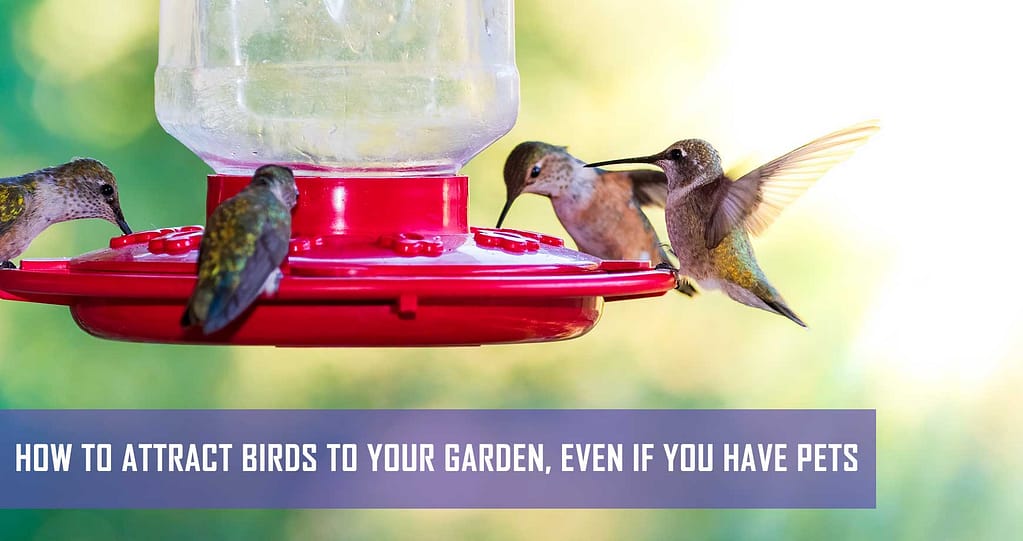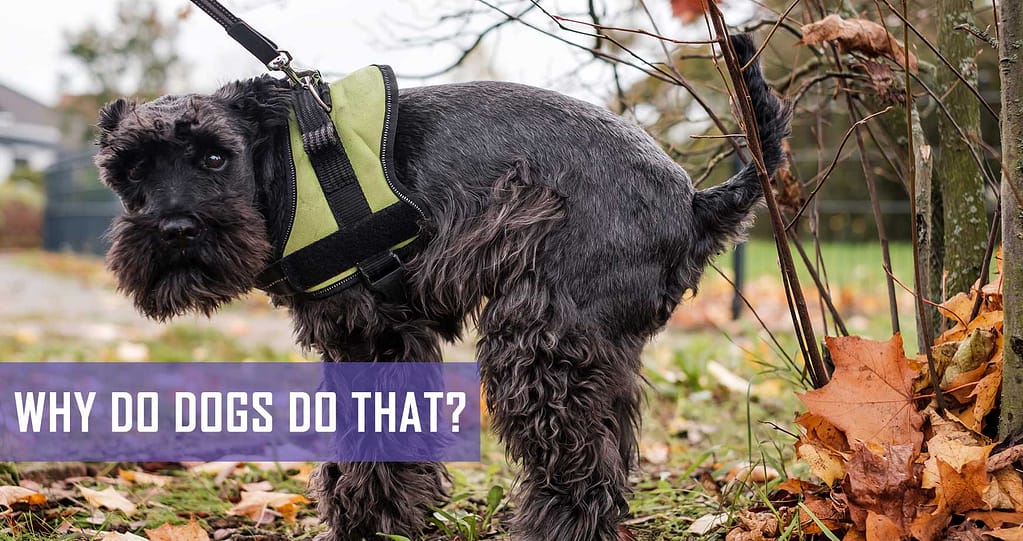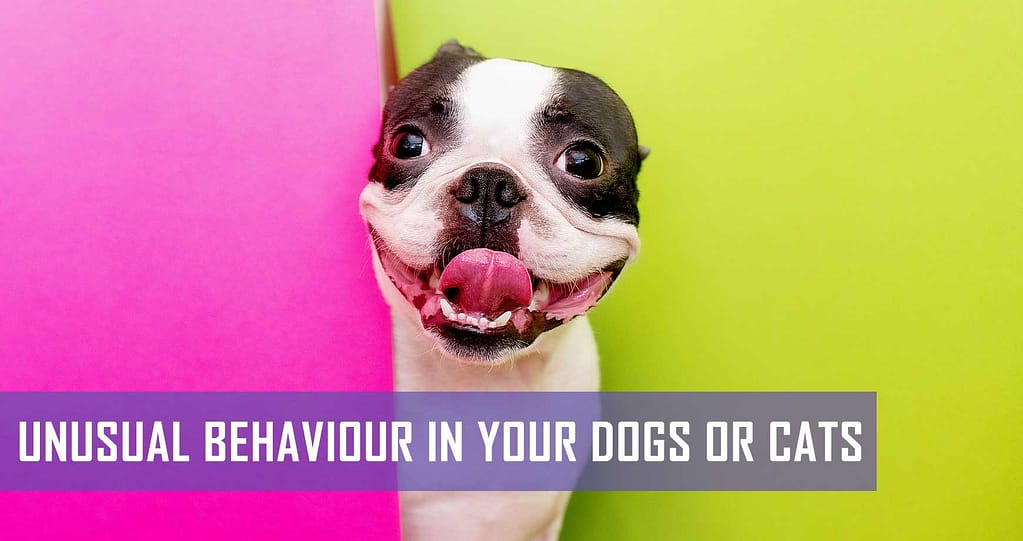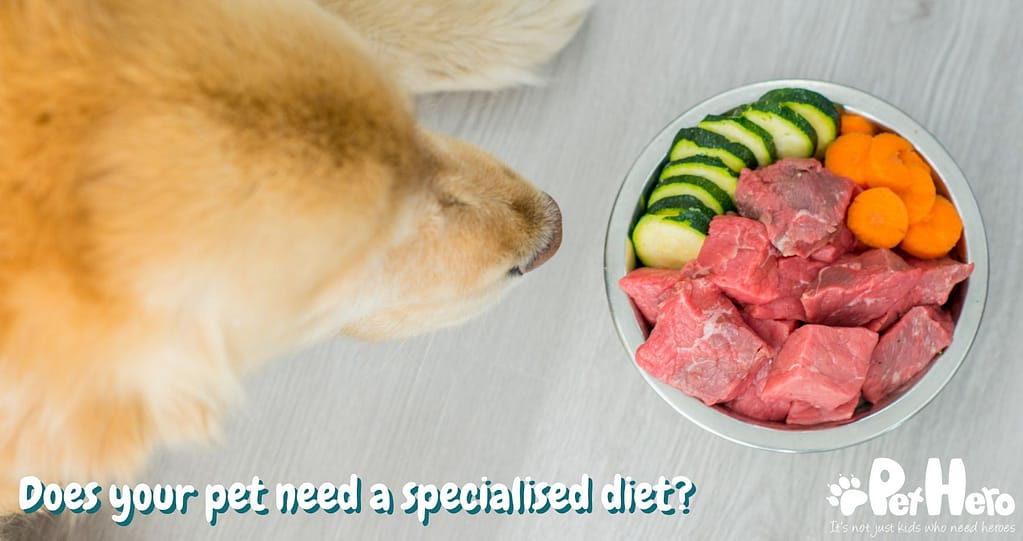Don’t: Let your parrot bite or nip at you
Do not allow your parrot to bite or nip at your fingers when playing with it. Even if your parrot does not hurt you it still sends out the wrong message. One day it can lead to a more aggressive bite which could cause great harm. Playful biting or nipping might not seem to be serious during playtime, but it should not be tolerated. When your pet parrot starts biting or nipping at you, pull your hand away and issue a stern “no”; this will let them know that this behaviour is not accepted. Repeat this whenever needed so that your parrot can learn not to bite or nip at you.
Don’t: Force your parrot to play
When opening your parrot’s cage and it darts to the back of the cage, this is normally a sign that your parrot is not in the mood to play and want to be left alone. Do not force your parrot to do something they do not want to do, this can lead to aggression and anger. It is common for parrots to want to stay in their cage to enjoy their own space. By giving you parrot the space they need they will be more eager to play with you; however, keep a close eye on them and look for signs, especially health issues that might not appear otherwise.
Don’t: Let your parrot play outside (unless restrained)
It only takes a split of a second before any bird flies off into the unknown and as a bird owner, this is your worst nightmare. If you are planning on taking your parrot out on a nice day for some healthy sunlight and exercise, make sure your parrot is constrained to a harness and leash (yes, they make harnesses for parrots) that is comfortable enough to move around in, but at the same time secure enough that they can’t get out of. A harness and leash combination will keep your parrot confined to your side, preventing them from flying away and safe from the neighbour’s cat.
Do: Keep playing sessions short
Keep playing sessions short, more or less 20 to 30 minutes at a time. This will allow your bird some recreational time but it won’t be too long to become homesick. Parrots are creatures of habit and like the security that their cage provides them. As much as you would love to enjoy a full day of playing and bonding with your parrot, they do need time to rest and feel relaxed.
Do: Use “Parrot-safe” toys
When playing with your parrot or buying your parrot a new toy, make sure that the toys are parrot safe and free from any toxins or potential hazards that can cause illness or injury. Treated wood for instance, often contains harsh chemicals that can lead to toxicosis in parrots.
Playtime sessions should always be fun and remain fun. Unexpected issues can cause unwanted health problems and injuries. Make sure your parrot is safe at all times. Playing with your pet parrot proves fun for both of you as it is an exciting way of bonding and getting to know your parrot better. Plus, happier birds result in less screaming for attention.
How often do you play with your parrot? Which toys do you play with? What is your parrot’s favourite toy? Leave a comment below, we would love to know.

